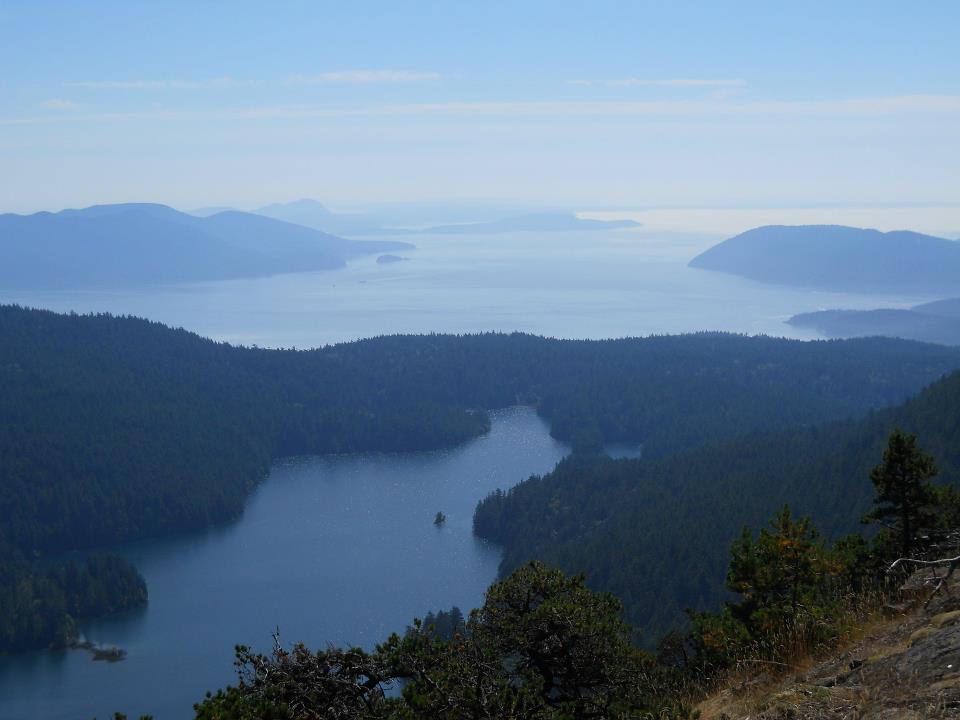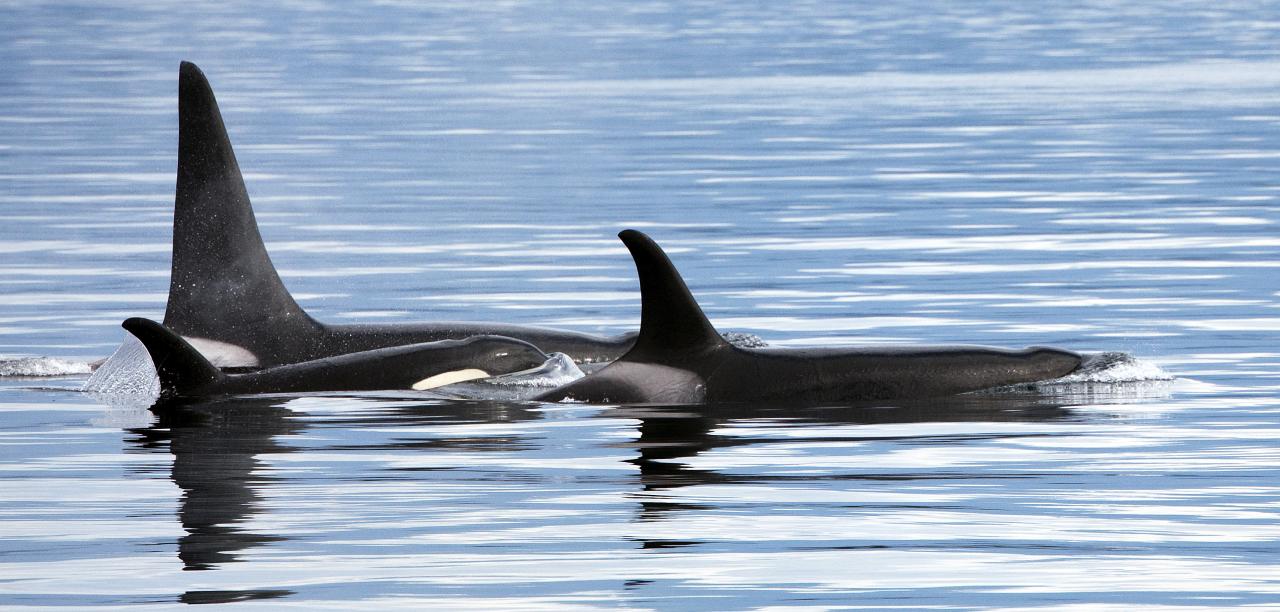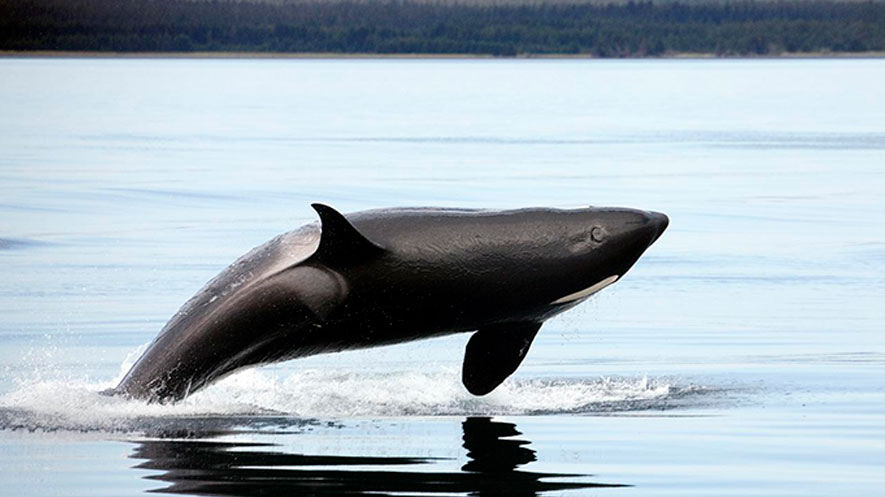On April 17, 2018, Earth Law Center together with partners Nonhuman Rights Project have launched an initiative to support local communities and indigenous groups in the Puget Sound and wider Salish Sea.
With the end goal to gain legal rights for the entire Puget Sound, Earth Law Center (ELC) aims to secure legal rights for the Southern Resident Killer Whale and expand ecosystem protection through coastal ordinances and marine protected areas.
The Puget Sound is the third largest estuary in the United States with a complex system of interconnected marine waterways and basins. Southern Resident killer whales range in the Salish Sea and along the West Coast. They depend heavily on Chinook salmon for food. In the late-1990s, Southern Resident killer whales experienced a dramatic decline. Precarious food supply, threats from pollution, vessel traffic, and noise continue to jeopardize their survival. As a result, they are federally listed as endangered.
 Source: Earth Law Center
Source: Earth Law Center
Additional human activities, such as underwater military activities, have been identified as potential threats for killer whales, particularly on the outer coast. Their small population size (76 individuals at latest count) and social structure put them at risk for a catastrophic event, such as an oil spill, or a disease outbreak, that could impact the entire population.
“We are excited to partner with the Nonhuman Rights Project in this initiative to prevent the Southern Resident killer whales from going the way of the White Rhino,” notes Michelle Bender, Ocean Rights Manager of Earth Law Center.
“It’s clear that we need bold action to adequately protect these animals now and in the long term,” said Courtney Fern, the Nonhuman Rights Project’s Director of Government Relations. “Securing their legal rights is the best way forward, which is why we’re proud to support ELC’s initiative.”
 Source: Earth Law Center
Source: Earth Law Center
WA Governor, Jay Inslee, recently signed an executive order to protect the orca and salmon populations of Puget Sound, creating a task force to determine and 'Implement Immediate Actions to Benefit Southern Resident Killer Whales.' Declaring the population a legal entity that is the subject of basic rights can further recovery efforts by ensuring the ‘State has a duty to protect, conserve, maintain, and restore’ the population -- that is decisions are made based on what the orca needs to recover, outside human interest. The Southern Resident’s rights include:
- to life
- to exist as close to the ecosystems natural carrying capacity
- to not be held in captivity or servitude; be subject to cruel treatment; or be removed from their natural environment
- to freedom of movement and residence within their natural environment
- to the protection of their natural environment; to habitat free of pollution and contamination, and adequate food supply
- to autonomy
This initiative is one of the first applications of nonhuman rights for marine species, particularly those in the wild, and legal personhood for an ecosystem in the United States. Though over 30 municipalities recognize the rights of nature, and communities rights to a healthy environment in the United States, this movement has yet to be applied to marine ecosystems.





